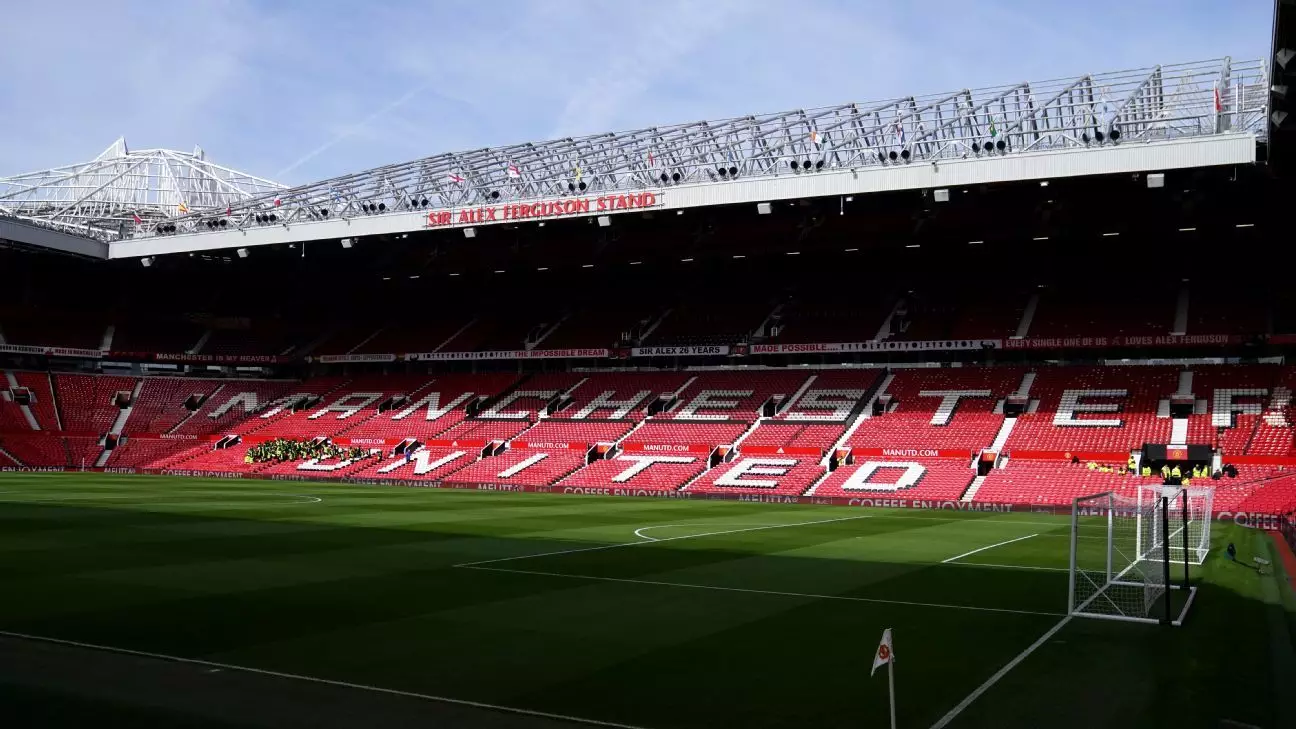In a surprising turn of events, documents submitted by Manchester United to the United States Securities and Exchange Commission (SEC) reveal that Sheikh Jassim bin Hamad Al Thani and his team failed to provide proof of funding during their negotiations to buy the football club. This revelation has raised questions about the credibility of Sheikh Jassim’s bid and the legitimacy of his intentions. Despite the club’s attempts to maintain confidentiality throughout the process, the truth has come to light through SEC filings.
One of the key concerns highlighted in the documents is Sheikh Jassim’s failure to provide “customary financing commitment letters.” These letters are typically required to ensure that the buyer has the necessary funds to complete the acquisition. The absence of such documents raises doubts about the financial capacity of Sheikh Jassim and his team. Without proper financial backing, it is unclear how they intended to fulfill their bid for Manchester United.
Interestingly, Sheikh Jassim’s bid was for 100% ownership of the club. However, the Glazer family, the current owners, presented a valuation that Sheikh Jassim’s team considered to be unrealistic. This disagreement in valuation seems to have been a source of frustration, ultimately leading to Sheikh Jassim’s decision to withdraw from the negotiation process. It is evident that the parties involved had different expectations regarding the financial aspects of the deal.
While Sheikh Jassim’s bid failed due to the lack of funding proof, another potential investor emerged onto the scene. British billionaire Sir Jim Ratcliffe has reached an agreement to buy a 25% stake in Manchester United for a significant sum of £1.3 billion ($1.65bn). Unlike Sheikh Jassim’s bid, Ratcliffe’s deal has already been announced and is set to be ratified in the coming month. This agreement brings hope for potential improvements and investments in the club’s infrastructure and operations.
With the approval of Ratcliffe’s deal, he and his INEOS team will assume control of the football operations at Manchester United. Sir Dave Brailsford and Jean-Claude Blanc will play crucial roles in this new leadership. However, it is worth noting that Ratcliffe’s offer is for a minority shareholding, rather than majority ownership. This decision reflects a shift in focus and presents unique challenges in terms of decision-making and influence within the club.
The Glazer family will continue to hold a majority ownership stake in Manchester United. This ensures that they retain significant control over the club’s affairs. Furthermore, they have the right to force Ratcliffe to sell his shares if a new buyer emerges within the initial 18-month period. The future ownership and direction of the club remain uncertain, with various possibilities open for further development.
Amidst all the negotiations and potential ownership changes, Manchester United has taken a step to benefit its players and teams. The club has entered into a deal with Manchester Metropolitan University’s Institute of Sport. This partnership will grant United access to the university’s research studies, which will aid in enhancing the performance of the men’s, women’s, and academy teams. This investment in sports science and research demonstrates the club’s commitment to continuous improvement and success.
The failed bid by Sheikh Jassim for Manchester United due to the lack of funding proof raises serious concerns about the credibility of the potential buyer. The revelations from the SEC documents shed light on the difficulties faced during the negotiation process and highlight the importance of financial transparency. Meanwhile, the arrival of Sir Jim Ratcliffe as a potential investor offers new possibilities for the club’s future. Manchester United’s partnership with Manchester Metropolitan University also signifies the club’s commitment to advancing its sporting endeavors. As the football world continues to evolve, the ownership and direction of the club will undoubtedly witness significant changes in the coming years.
